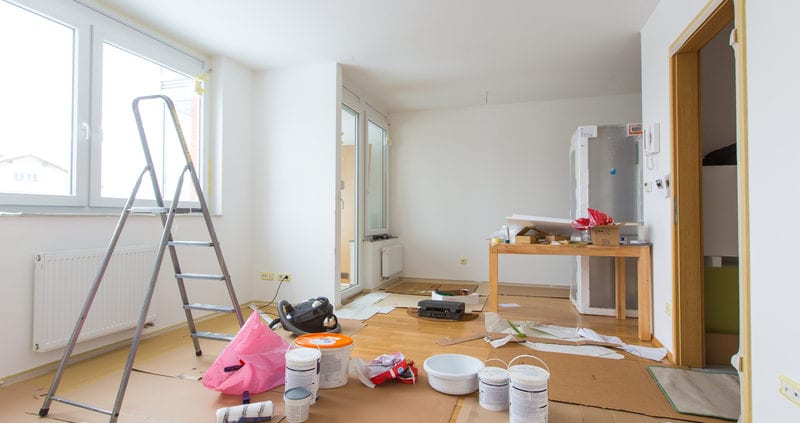How to Increase the Return on Investment on a Fixer-Upper
If you’re good at fixing things, flipping houses can be a great way to make a living. However, not everything in a fixer-upper should be fixed. Neither is every fixer-upper a good project to take on. To make the most out of your invested time and money on flipping houses, you need to do the following.
Make the Right Improvements
When you start putting together your game plan, don’t include everything that is wrong with the house. Some improvements will cost you more money than you will make in return. Your priority is to make the home safe and livable. If these aren’t accomplished, then you aren’t going to be able to sell the house. Your second priority should be to focus on aesthetics and functionality. These are going to give you the best return on investments. Some of the best rooms to improve are the kitchen and bathroom. Making sure that these two rooms are well designed with plenty of space can go a long way towards upping your asking price for the home.
Consider Location
Before you even start thinking about which improvements you should perform, you need to decide if the house is in the right place. Surrounding home values are a big indication of where your home can be after renovations. If there isn’t a large enough difference between what you need to pay for the fixer-upper and what the surrounding homes are worth, then it’s going to be a bad investment. Your ideal situation is to find a low-priced fixer-upper that is the eyesore in an otherwise beautiful neighborhood with an expensive home. Since you won’t always be able to find this, you’ll have to practice making rough estimates of improvement costs when you are searching for a home to flip.
Rent While You Can
If you have a home that is going to take a couple of months to put together, you can make a return on your investment through short-term renting. Focus your efforts on completing a portion of the house like the main floor, basement, or mother-in-law apartment that can function as a rental on its own. Rent this out with a short-term lease while you finish the rest of the home. Once you are done, you can stop renting the home and sell it.
When you are working on a fixer-upper, you may be tempted to do everything yourself so that you can save money. Just remember that time is also a valuable asset. In some cases, it may be better to hire an expert to take care of a tricky job. Just make sure that you have each step carefully planned out and that you work as quickly as possible.
Read this next: Simple Home Fixes You Didn’t Know You Needed




